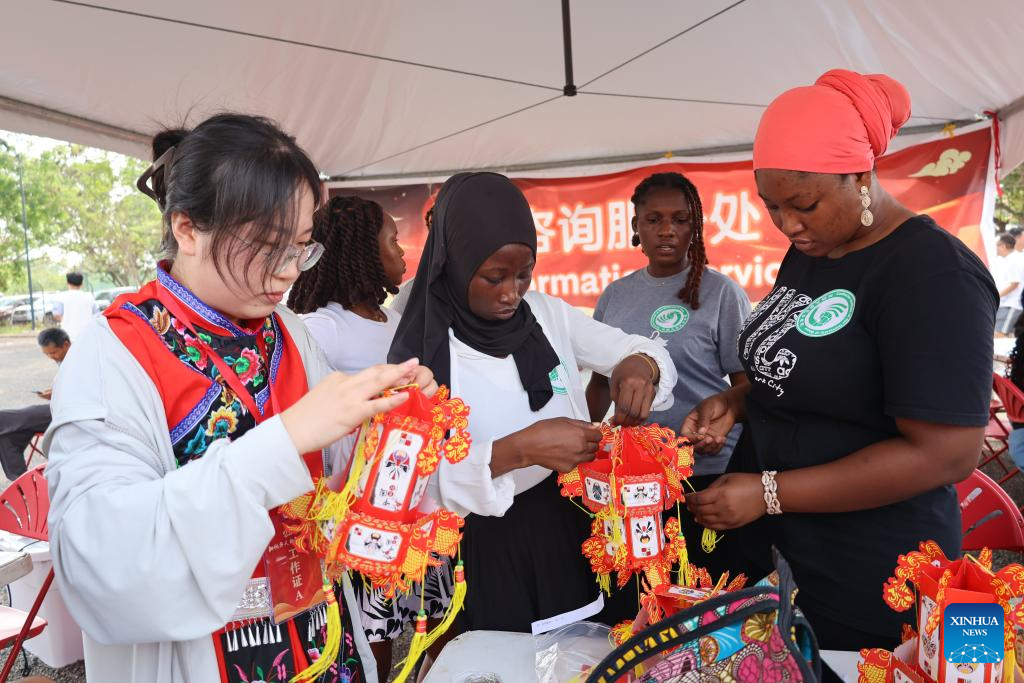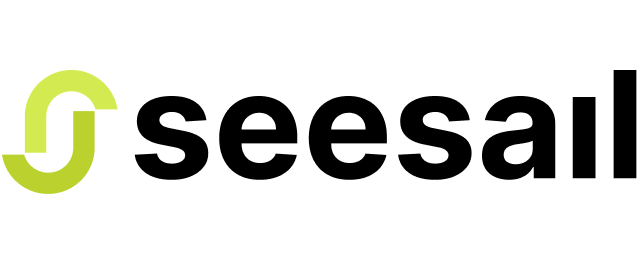Your cart is currently empty!

What You Need to Know Before Starting a Business in Ghana as a Foreigner
Thinking about launching a business in Ghana as a foreigner? You’re not alone. Ghana is one of the most stable and rapidly growing economies in Africa, with a vibrant consumer market and a pro-business regulatory environment. Whether you’re an African in the diaspora or a foreign investor looking for your next frontier market, Ghana offers a wealth of opportunity—but also its fair share of complexity.
At Seesail, we work with hundreds of entrepreneurs, including foreigners building successful businesses across Ghana. This article outlines what you need to know—and do—before you set up your business.
1. Understand the Business Environment
Ghana is open for business—but doing business in Ghana is also very localized. Relationship-building, understanding cultural nuances, and working with experienced locals is key.
Key Facts:
- Ghana ranked 118 out of 190 on the World Bank’s Ease of Doing Business Index (latest available).
- The official currency is the Ghanaian Cedi (GHS).
- English is the official language, but understanding a bit of local dialect goes a long way.
- The economy is largely informal—cash is still king.
✅ Pro Tip: Ghana’s strongest growth sectors include agribusiness, fintech, retail, hospitality, logistics, construction, and renewable energy.
2. Legal Requirements for Foreigners
Business Structure Options
- Limited Liability Company (LLC) – Most common and preferred structure for foreign investors.
- Branch Office – For companies expanding into Ghana.
- Joint Venture – A great option if you plan to partner with a Ghanaian business or individual.
Minimum Capital Requirement
As a foreigner, the Ghana Investment Promotion Centre (GIPC) mandates a minimum capital requirement depending on your ownership structure:
- Wholly foreign-owned business: Minimum of $500,000.
- Joint venture with a Ghanaian partner: Minimum of $200,000, with at least 10% Ghanaian ownership.
- Trading (Import/Export): At least $1 million, with the business employing at least 20 Ghanaians.
⚠️ Important: These funds must be transferred into Ghana through a recognized bank and must be verified before GIPC registration.
3. Registration & Compliance Steps
Here’s a high-level view of the registration process:
- Company Name Search & Reservation – Done through the Registrar General’s Department (RGD).
- Register the Business – Submit incorporation documents and obtain a TIN (Tax Identification Number).
- Register with GIPC – Especially important if you’re a foreign investor.
- Obtain Business Permits – Depending on your sector (e.g., Food License, Environmental Permit).
- Register with SSNIT – For social security contributions for employees.
- Open a Bank Account – Needed to bring in your capital and operate locally.
🕒 Timeframe: Company registration can take anywhere from 2 to 4 weeks if all documents are in order.
4. Local Hiring & HR Rules
Ghana’s labor laws protect workers fairly strongly. As a foreign investor:
- You’ll need to employ local staff—some sectors mandate a minimum number.
- If you’re hiring expats, you must apply for a work and residence permit.
- Minimum wage and social security obligations must be complied with.
💼 Seesail helps you stay compliant by automating payroll, deductions, and reporting for your Ghanaian staff.
5. Taxes & Payments
Ghana has a variety of taxes you’ll need to be aware of:
- Corporate Tax: 25% for most sectors.
- VAT: 15% on most goods and services.
- Withholding Tax: 5-15% depending on the nature of payment.
- PAYE: Tax deducted from employee salaries.
📲 With Seesail, you can issue invoices, track expenses, and generate reports to ease your tax filing process.
6. Digitizing Your Business (Why It Matters)
One of the biggest challenges foreign entrepreneurs face in Ghana is managing operations across cash-heavy, informal systems. That’s where Seesail becomes your best tool.
We help you:
- Accept mobile money and digital payments.
- Track sales, inventory, and expenses.
- Automate customer engagement via SMS and WhatsApp.
- Get visibility into your financial health.
📈 Whether you run a retail shop, a restaurant, or a service company, Seesail is your all-in-one back-office tool—built for Ghanaian realities and foreign expectations.
7. Common Mistakes Foreign Entrepreneurs Make
- Ignoring Local Partnerships: Go local or go home. You need on-the-ground allies.
- Underestimating Informal Market Power: 80% of commerce happens outside the formal economy.
- Not Adapting Quickly: Success comes from understanding how Ghanaians really do business.
- Over-engineering solutions: Start simple, scale later.
8. Our Final Advice: Start Smart with Seesail
Starting a business in Ghana can be one of the most rewarding ventures—if done right. Get the basics correct, stay compliant, and use smart digital tools to manage your operations. Seesail is here to support you every step of the way—from your first customer to your first million.
💬 Want to learn more? Contact us at hello@getseesail.com or visit www.getseesail.com.
by
Tags:

Leave a Reply